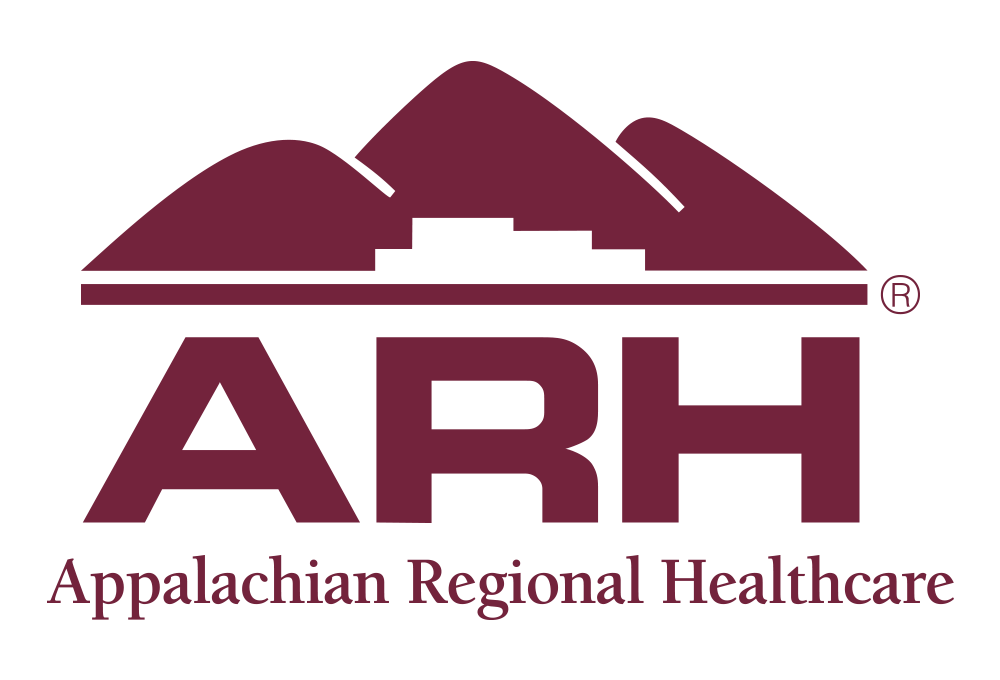
August 13, 2021
This summer temperatures in Central Appalachia have stayed in the upper 80s often climbing into the 90s, making us vulnerable to heat stroke or heat exhaustion, which can be a threat to your health.
The Centers for Disease Control and Prevention states that from 1999 to 2010, 8,081 heat-related deaths were reported in the United States. In 5,783 (72%) of these deaths, the underlying cause was exposure to excessive heat, and heat was a contributing factor in the remaining 2,298 (28%) deaths.
People at greatest risk for heat-related illness include infants and children up to four years old; people 65 years of age and older; those who are overweight or have existing medical conditions such as diabetes and heart disease and people who are socially isolated or homeless. However, even young and healthy individuals can succumb to heat if they participate in strenuous physical activities during hot weather. Other behaviors also put people at greater risk such as drinking alcohol and taking medications that impair the body’s ability to regulate its temperature or inhibit perspiration.
Heat stroke is the most serious heat-related illness. It occurs when the body becomes unable to control its temperature: the body’s temperature rises rapidly, the sweating mechanism fails, and the body is unable to cool down. When heat stroke occurs, the body temperature can rise to 104°F or higher within 10 to 15 minutes.
If you have any of these symptoms, you could be having a heat stroke:
- Confusion, altered mental status, slurred speech
- Hot, dry skin or profuse sweating
- Seizures
- Very high body temperature
- Loss of consciousness (coma)
“Heat stroke can cause death or permanent disability,” said Michael Tony Lynch, III, DO, ARH Family Medicine. “If you are having any symptoms while outside in the heat, it is best to call 911 and begin cooling down the body as quickly as possible.”
According to Dr. Lynch, you should move to a shaded cool area. Wet the skin with cold wet cloths or even better place ice cubes on clothing and place on head, neck and under armpits and circulate the air around you until help arrives.
Another health risk is heat exhaustion, which is the body’s response to an excessive loss of the water and salt, usually through excessive sweating. Outside workers are the most prone to heat exhaustion along with the elderly, those who have high blood pressure and those working in a hot environment indoors.
Symptoms of heat exhaustion include:
- Headache
- Nausea
- Dizziness
- Weakness
- Irritability
- Thirst
- Heavy sweating
- Elevated body temperature
- Decreased urine output
If you are having symptoms of heat exhaustion, seek medical care. If there is no one to take you to an urgent care or hospital, call 911.
“Until help arrives, move into a shaded area outside or an air conditioned area inside and take frequent sips of cool water,” stated Dr. Lynch. “Remove shoes and socks or any unnecessary clothing and cool yourself with cold compresses if you have access to water.”
Hot weather can be a threat to your health. Plan ahead for hot summer days so you will not become a victim of heat stroke or heat exhaustion.



